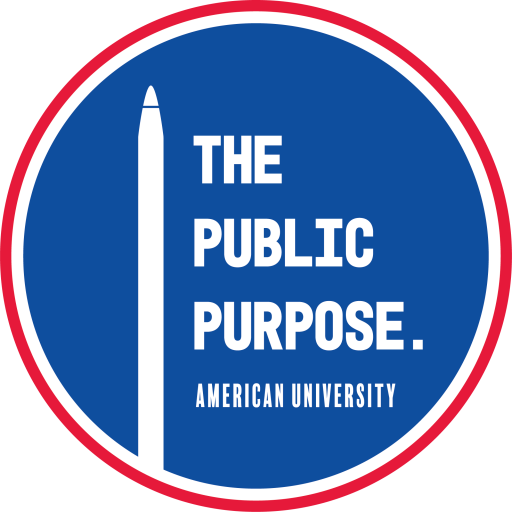Abstract
Healthcare’s market failures need to be addressed while seeking solutions for rising healthcare costs, a significant portion of which is due to prescription drugs. A recent Department of Health and Human Services report estimates prescription drug spending will continue rising faster than overall health spending, with specialty drugs rising above all other types. Current policy, under the Patient Protection and Affordable Care Act, made notable changes to coverage, costs, and care, but left out making changes to the pharmaceutical industry (largely unregulated), only requiring that it pay for some of the law’s increased drug coverage. The lack of regulations has led to the sick using more services, at the expense of the healthy. Possible solutions to this problem include: (1) efficiently using treatments already available, leaving resources for investments and preventative care; (2) embracing techniques used by other OECD countries such as health technology assessments, restrictions on patients’ eligibility for new drugs, and requiring strict evidence of the value of new drugs; (3) implementing proposed legislation such as The Affordable and Safe Prescription Drug Importation Act, allowing drug importation specifically by wholesalers, licensed U.S. pharmacies, and individuals from FDA-inspected sites from Canadian licensed sellers; and (4) compulsory licensing, giving third parties permission to make, use, or sell a patented invention without the patentee’s consent.
acevedo-negotiating-prescription-drug-prices
